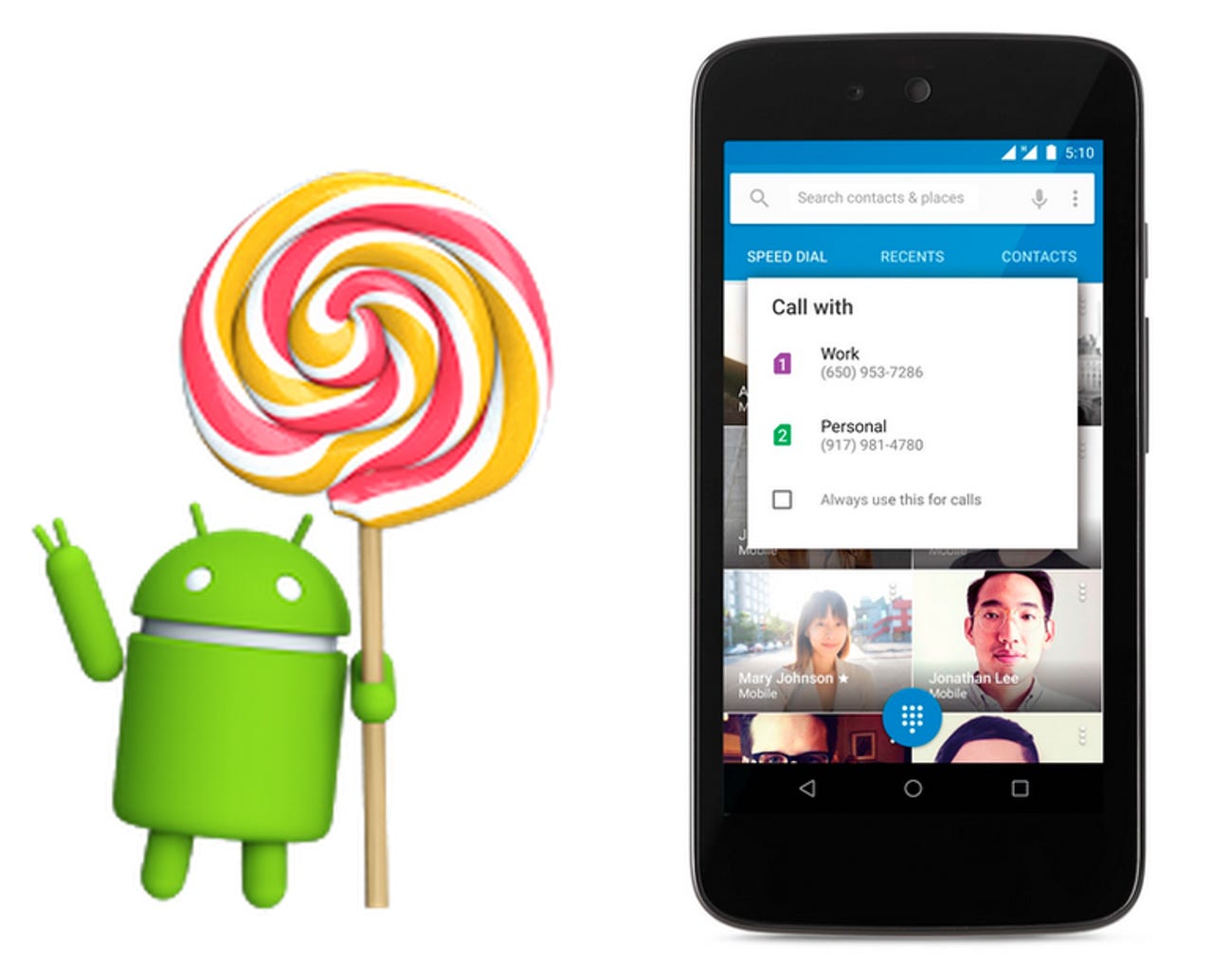Lollipop finally ousts KitKat as Android flavour of the month


Android 5.0 Lollipop is now the most common version of Google's smartphone operating system.
Android Lollipop has finally overtaken KitKat to become the most popular version of Google's mobile operating system.
According to monthly data from Google, Lollipop has just edged ahead of other versions, growing from 34.1 percent of Android installs last month to 36.1 percent. Over the same period, KitKat dropped from 35.5 percent to 34.3 percent.
Android 5.0 (a.k.a. Lollipop) arrived in November 2014 as a showcase for Google's 'material design' concept, and has taken 16 months to reach the top spot.
This upgrade lag reflects the fact that it's the Android smartphone-makers who decide when -- or even whether -- to upgrade their devices to Google's latest mobile OS.
The gradual fragmentation of the Android market is a headache for Google, although KitKat (Android 4.4), Jelly Bean (Android 4.3), and Lollipop account for around 93 per cent percent of the Android market.
Market share data for Android versions in March 2016.
That's also why Marshmallow -- version 6.0 of Android, which arrived in October last year -- has such a small share, even though it has nearly doubled its share in a month from 1.2 percent to 2.3 percent. This puts it at the same level as the antique Ice Cream Sandwich (Android 4.0), which launched over five years ago.
Photos: Android through the ages
Some devices are just too old to upgrade, which is probably why Froyo (launched in May 2010), Gingerbread (December 2010), and Ice Cream Sandwich (October 2011) are still on the list.
This data is gathered from devices that use the Google Play Store app, which only supports Android 2.2 and above, so devices running older versions are not included. However, Google says that these will account for less than one percent of Android devices.